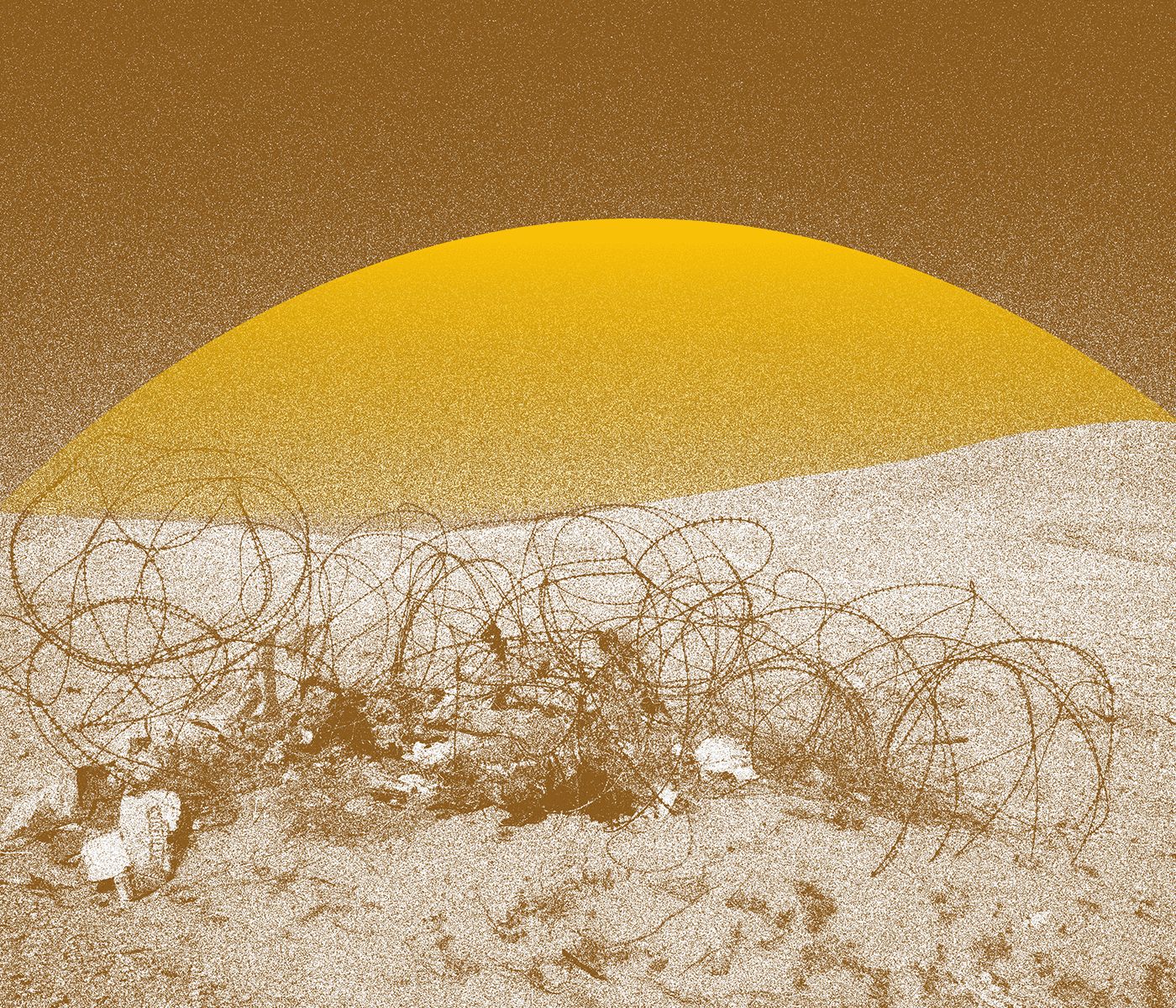
Deep Dive
Shownotes Transcript
While scouring the Sonoran Desert for objects left behind by migrants crossing into the United States, anthropologist Jason De León happened upon something he didn't expect to get left behind: a human arm, stripped of flesh.
This macabre discovery sent him reeling, needing to know what exactly happened to the body, and how many migrants die that way in the wilderness. In researching border-crosser deaths in the Arizona desert, he noticed something surprising. Sometime in the late-1990s, the number of migrant deaths shot up dramatically and have stayed high since. Jason traced this increase to a Border Patrol policy still in effect, called “Prevention Through Deterrence.”
First aired in 2018 and over three episodes, Radiolab investigates this policy, its surprising origins, and the people whose lives were changed forever because of it.
Part 3: What Remains
The third episode in our Border Trilogy follows anthropologist Jason De León after he makes a grisly discovery in Arivaca, Arizona. In the middle of carrying out his pig experiments with his students, Jason finds the body of a 30-year-old female migrant. With the help of the medical examiner and some local humanitarian groups, Jason discovers her identity. Her name was Maricela. Jason then connects with her family, including her brother-in-law, who survived his own harrowing journey through Central America and the Arizona desert.
With the human cost of Prevention Through Deterrence weighing on our minds, we try to parse what drives migrants like Maricela to cross through such deadly terrain, and what, if anything, could deter them.
*Special thanks to Carlo Albán, Sandra Lopez-Monsalve, Chava Gourarie, Lynn M. Morgan, Mike Wells and Tom Barry.*CORRECTION: An earlier version of this episode, when it originally aired, incorrectly stated that a person's gender can be identified from bone remains. We've adjusted the audio to say that a person's sex can be identified from bone remains.
CITATIONS:
Books:Jason De Léon’s book The Land of Open Graves) (https://zpr.io/vZbTarDzGQWK)) Timothy Dunn’s book Blockading the Border and Human Rights) (https://zpr.io/VTPWNJPusaCn))Joseph Nevin's book, Operation Gatekeeper) (https://zpr.io/UTnHFzRstAEw))Articles:Rubio-Goldsmith, Raquel, Melissa McCormick, Daniel Martinez, and Inez Duarte. 2006. “The ‘Funnel Effect’ & Recovered Bodies of Unauthorized Migrants Processed by the Pima County Office of the Medical Examiner, 1990-2005.)” (https://zpr.io/R3wSpyVCXQhJ)) SSRN Electronic Journal.Check out more of Caitlin Dickerson's reporting for The Atlantic) (https://zpr.io/GAfC2nfEaBeK)).
Our newsletter comes out every Wednesday. It includes short essays, recommendations, and details about other ways to interact with the show. Sign up) (https://radiolab.org/newsletter)!
Radiolab is supported by listeners like you. Support Radiolab by becoming a member of The Lab) (https://members.radiolab.org/) today.
Follow our show on Instagram), Twitter) and Facebook) @radiolab, and share your thoughts with us by emailing [email protected]).
Leadership support for Radiolab’s science programming is provided by the Gordon and Betty Moore Foundation, Science Sandbox, a Simons Foundation Initiative, and the John Templeton Foundation. Foundational support for Radiolab was provided by the Alfred P. Sloan Foundation.
